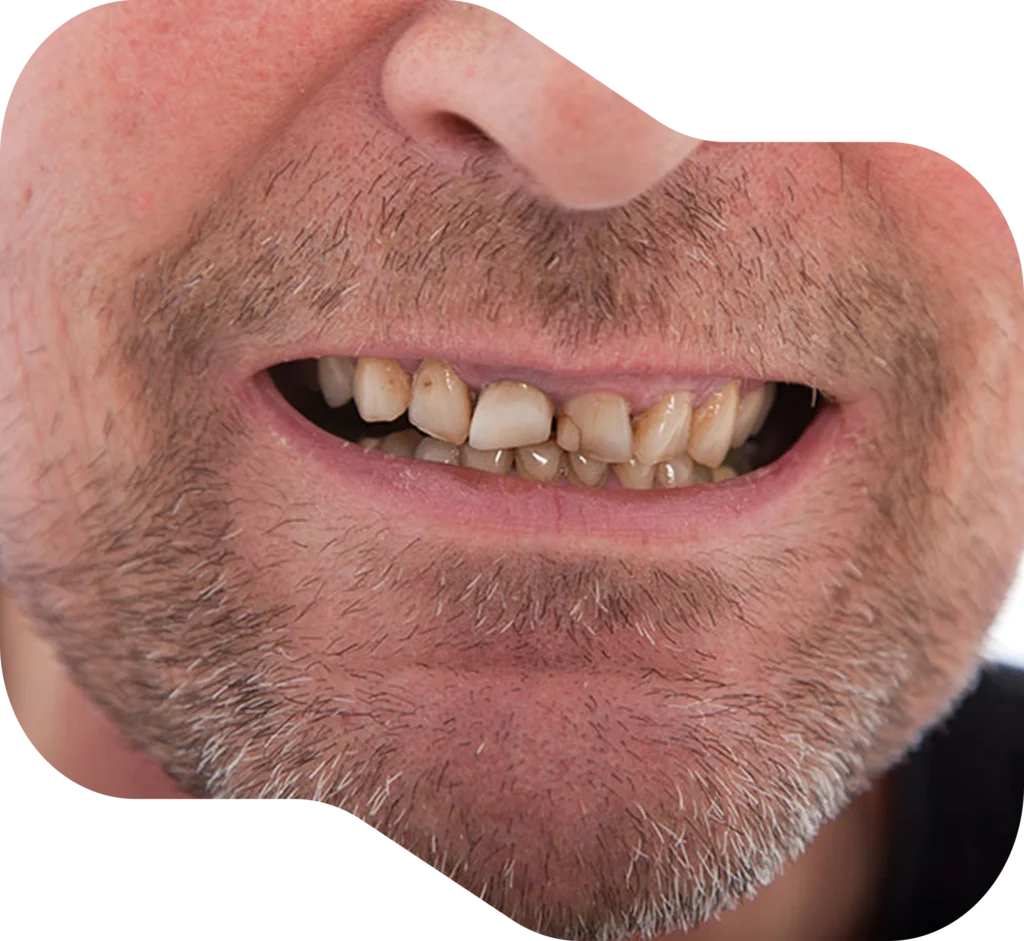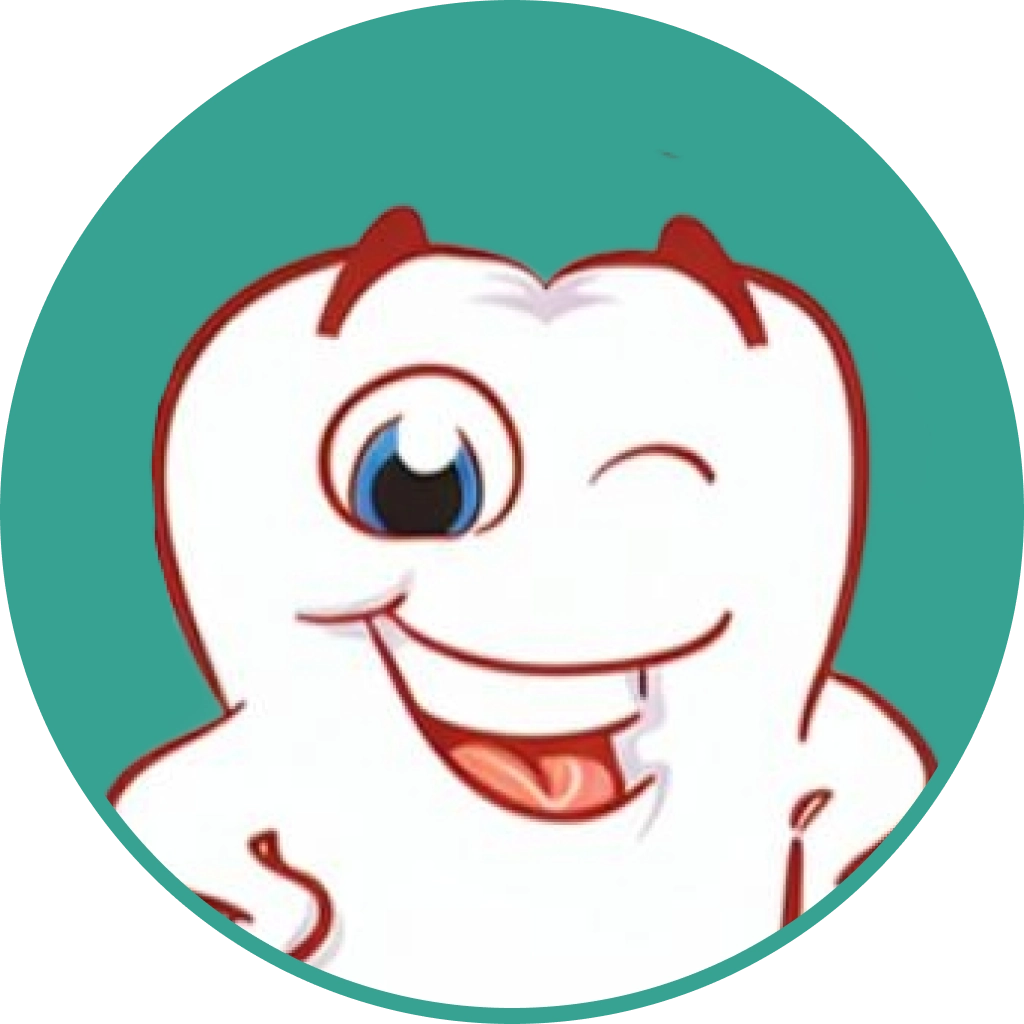

Broken teeth are teeth that are chipped or cracked. The breakage may cause severe dental sensitivity, mild discomfort or sometimes no pain at
Dental decay, through the unwanted actions of oral bacteria, results in softening of the enamel and dentine over time. This can undermine the structural integrity of a tooth, causing the tooth surface to crumble during day to day function. Previously restored or filled teeth may also break due to decay developing underneath the existing fillings, causing the fillings to fall out.
Teeth can chip or crack if they are suddenly overloaded with pressure, such as when accidentally knocked against a hard object (biting a metal spoon or an olive pit), trying to open a beer bottle, during a motor vehicle accident, falling down from the monkey bars, knocking your face against the pool fence, or tripping when facing down.
Teeth can also crack or split if subjected to chronic overloading, such as clenching and grinding at night (this is also known as dental para-functioning or bruxism).
Treatment for a broken tooth varies depending on the extent of the damage. A minor chip may be repairable with a simple filling, whereas a severe crack may warrant a dental crown to further brace it against future cracks.
Sometimes root canal treatment may be required if the decay has already travelled into the nerve. Other times extraction may be the only option if your dentist thinks the tooth is not restorable.
If your dentist sees signs and symptoms of you grinding during your sleep at night (nocturnal bruxism), a protective night splint may be prescribed to further protect your teeth from breaking.
Broken teeth may cause sensitivity to hot and cold, pain upon chewing, or irritation to your tongue from its jagged edges. When a tooth is broken, bacteria is able to sneak into the deeper parts of a tooth, leading to future pain and infection of the nerve. It is best to have the tooth examined by your dentist as soon as possible to minimise unwanted cost, extractions and dental emergencies.

Shop 7/131 Anzac Avenue, Newtown QLD 4350
71 Yandilla Street, Pittsworth QLD 4356